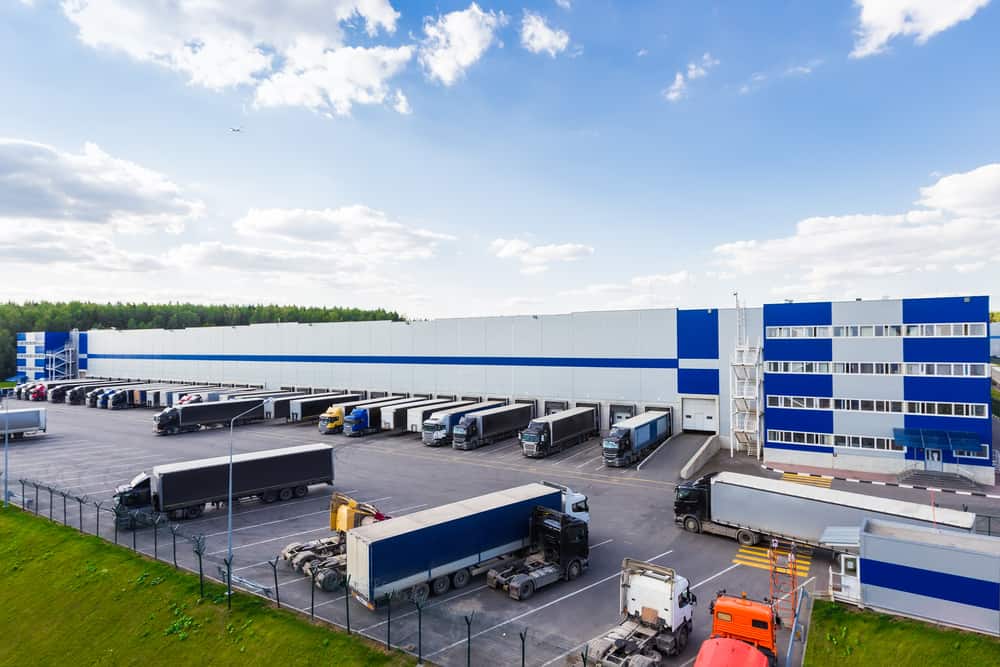Simply put, third-party logistics (3PL) is a variety of services and processes that are provided to a business by an external company for a variety of reasons.
Reasons can be to reduce costs, improve efficiencies, expand capabilities, etc. 3PL services are generally geared towards a businesses’ individual needs based on an as-needed basis. They may work with companies on a short-term basis, but can also work towards long-term solutions depending on the goals and objectives of the giving business. Third-party logistic companies provide any number of services having to do with the logistics of the supply chain. This includes transportation, warehousing, picking and packing, inventory forecasting, order fulfillment, packaging and freight forwarding. Using a 3PL provider offers lots of advantages, but like anything, they can also offer disadvantages.
Below are a few pros and cons into the world of 3PL companies.
Obviously, if your business has, for example, expanded too quickly and may lack the resources to accomplish such a heavy work load, handing over logistics operations may be advantageous.
Now, you can focus on other aspects of your business such as sales, marketing, raising production, hiring more employees to fill the void, and any other aspect to improve your business. And, besides, if your company slows down, most 3PLs can scale-up or scale-down as needed. Furthermore, if a company needs to scale down, the extra resources used to handle your heavy work load won’t be absorbed into the cost of running your business. Using a 3PL company can help reduce the cost for a company in this way, especially since a 3PL may already have set up or have better access to a larger infrastructure and resources that a smaller company may not have access to and would otherwise not benefit from. That could be reflected in access to large transportation fleets, warehousing space, technology, wider access to both domestic and international shipping resources, larger influences with companies they have already worked with, and the list goes on.
Inversely, a 3PL may not be right for every business.
If you are a small business and are interested in using a 3PL but can’t afford the initial investment, a 3PL may not be in the cards – even if you know that it would benefit you in the long term.
Generally, the goal is to reduce costs, and if you can get into a good contract with a 3PL that would be great, but sometimes a company may not see the benefits right away and that can be a deciding factor for some companies. On the flip side, a company may be to big to use a third party and might already have the resources that a 3PL may offer. Further, a larger company of the sort may even be in the position to offer some of their resources to smaller companies. So, outsourcing may not make sense in that case.
However, there are other reasons other than financial motivations to repel a company from investing in a 3PL. Using 3PL may also give a company less control over the shipping process and all that goes with it. Giving control of the process over to a 3PL may be fine if you find a third party you trust. But, something like that may take time and not everyone has the time to build those kind of relationships. Also, a company may just simply like to have control over every aspect of this business. And besides, they may believe that control over the shipping process will improve customer services by creating a more personal experience if obstacles may arise.
Whatever the case, outsourcing any services has its pros and cons.
It just depends on what your company needs and how it can benefit the company, and every situation has its own set of problems. Maybe you only need one service to be outsourced, or maybe multiple aspects of your business needs to be outsourced. Perhaps, you will find that these services are not applicable in the end. Most 3PLs are designed to adapt to these fluctuations in services and over time adapt to a company’s needs.




